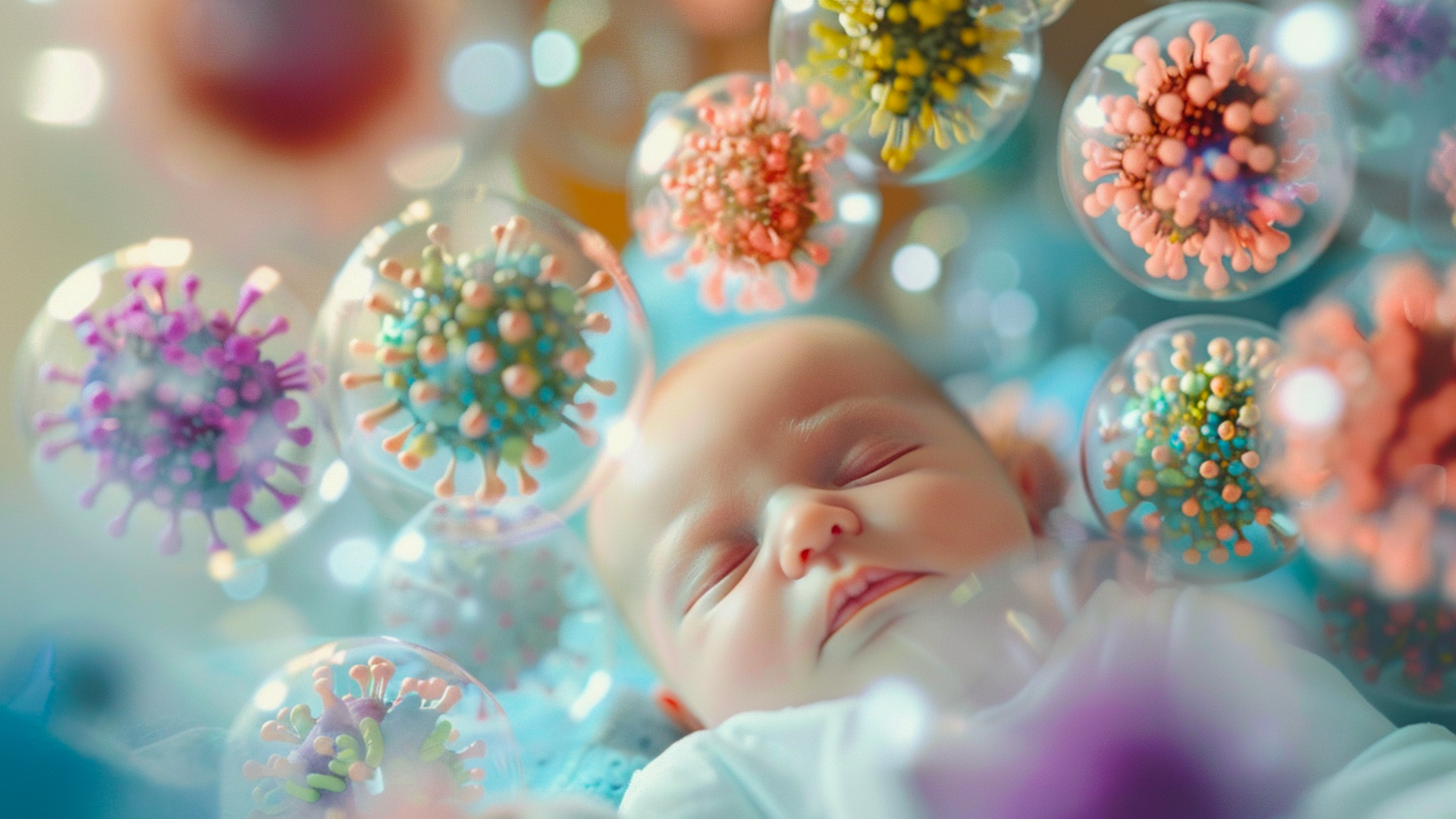Are you a vegetarian experiencing concerns about hair loss? You’re not alone. While vegetarian diets offer numerous health benefits, it’s essential to address the potential impact on hair health. After all, your hair deserves the same attention as your overall well-being. In this comprehensive guide, we unravel the connection between vegetarian diets and hair loss, debunking myths and providing expert insights. Get ready to discover the key nutrients, essential tips, and a potential solution that can help you maintain a vibrant mane. So, let’s dive in and unlock the secrets to nurturing your hair on a vegetarian journey.
Understanding the Link Between Vegetarian Diets and Hair Loss
When it comes to hair health, the role of proper nutrition cannot be overstated. Vegetarian diets, while often rich in fruits, vegetables, and whole grains, can sometimes lack specific nutrients crucial for healthy hair growth. Let’s explore the link between vegetarian diets and hair loss, focusing on the impact of nutritional deficiencies.
Explaining the Role of Nutritional Deficiencies
- Protein Deficiency and Hair Health: Hair follicles require an adequate supply of protein for optimal growth. Vegetarians can face challenges in obtaining sufficient protein, as animal-based sources are excluded from their diets. However, various plant-based options can provide the necessary amino acids. Legumes, such as lentils and chickpeas, tofu, tempeh, and quinoa are excellent sources of plant-based protein.
- The Importance of Iron for Hair Growth: Iron deficiency is one of the leading causes of hair loss. Vegetarians should pay particular attention to their iron intake, as plant-based iron sources are not as readily absorbed by the body as animal-based iron. Including iron-rich foods like leafy greens (spinach, kale), lentils, fortified cereals, and seeds (pumpkin, sesame) in your diet can help support hair growth.
- Addressing Vitamin B12 Deficiency: Vegetarians may face a higher risk of B12 deficiency, as plant-based sources are limited. To ensure adequate B12 intake, consider incorporating fortified plant-based milk, breakfast cereals, and nutritional yeast into your diet. If necessary, consult a healthcare professional about B12 supplements.
- Essential Fatty Acids for Hair Health: Omega-3 fatty acids contribute to scalp health and hair growth. Vegetarian sources such as flaxseeds, chia seeds, walnuts, and hemp seeds are rich in these beneficial fatty acids. Including these foods in your diet can help nourish your hair from within.
Debunking Common Myths
It’s essential to dispel some common myths surrounding vegetarian diets and hair loss:
Myth: Vegetarian Diets Inevitably Lead to Hair Loss
Fact: With proper planning and attention to nutrient intake, vegetarian diets can support hair health and may prevent hair loss related to nutritional deficiencies in some people. It’s all about maintaining a balanced and diverse diet.
Myth: Plant-Based Diets Lack Adequate Protein
Fact: While plant-based protein may require a bit more attention to ensure complete amino acid profiles, a well-planned vegetarian diet can provide sufficient protein for healthy hair growth.
Essential Nutrients for Hair Health on a Vegetarian Diet
Now that we understand the potential nutritional challenges, let’s explore the essential nutrients that can promote hair health on a vegetarian diet.
Protein-Rich Vegetarian Foods for Hair Growth
Protein is the building block of hair, so it’s crucial to incorporate protein-rich foods into your vegetarian diet. Consider including the following options:
- Lentils: These legumes are not only an excellent source of protein but also provide iron and zinc, which are important for hair health.
- Tofu and Tempeh: Made from soybeans, these plant-based proteins offer a complete amino acid profile and are versatile in various dishes.
- Quinoa: A grain-like seed that is a complete protein source and rich in other hair-nourishing nutrients like iron and zinc.
For optimal protein absorption, combine these vegetarian protein sources with complementary foods, such as whole grains or seeds, to create complete protein profiles.
Boosting Iron Levels for Hair Growth
To prevent iron deficiency and support hair growth, include the following vegetarian iron sources:
- Leafy Greens: Spinach, kale, and Swiss chard are excellent plant-based sources of iron. Pair them with vitamin C-rich foods like citrus fruits or bell peppers to enhance iron absorption.
- Lentils: Besides being protein-rich, lentils also provide a good amount of iron. Incorporate them into soups, stews, or salads for a nutrient boost.
- Fortified Cereals: Look for iron-fortified breakfast cereals to start your day with a hair-friendly meal.
Addressing Vitamin B12 Deficiency
To mitigate the risk of vitamin B12 deficiency, consider the following vegetarian-friendly options:
- Fortified Plant-Based Milk: Many plant-based milk alternatives, such as soy, almond, and oat milk, are fortified with B12. Check the labels to ensure adequate supplementation.
- Fortified Breakfast Cereals: Opt for breakfast cereals fortified with B12 to help meet your daily requirements.
- Nutritional Yeast: Sprinkling nutritional yeast on dishes like salads or roasted vegetables not only adds a savory flavor but also provides a natural source of B12.
If you suspect a deficiency or have concerns about your B12 levels, consult a healthcare professional for advice on supplementation.
Essential Fatty Acids for Hair Health
Omega-3 fatty acids play a crucial role in maintaining scalp health and promoting hair growth. Include the following vegetarian sources in your diet:
- Flaxseeds: These small seeds are rich in omega-3 fatty acids. Grind them and add to smoothies, oatmeal, or baked goods.
- Chia Seeds: Like flaxseeds, chia seeds are packed with omega-3s and can be incorporated into puddings, yogurts, or as a topping for salads.
- Walnuts: A handful of walnuts provides omega-3 fatty acids along with other hair-nourishing nutrients like biotin and vitamin E.
Food Sensitivity Testing and Hair Loss Treatment: A Potential Solution
While a well-planned vegetarian diet can meet most nutritional needs, individual variations and food sensitivities can still impact hair health. Identifying potential triggers through a food sensitivity test can help optimize your diet and address any underlying issues.
Food sensitivity tests provide insights into your body’s response to certain foods, helping you identify potential dietary factors contributing to hair loss. One such at-home option is Cue’s Food Sensitivity Test.
By visiting our website, you can learn more about the at-home food sensitivity test and explore how it can help you uncover potential triggers, optimize your diet, and promote hair health.
In conclusion, maintaining hair health on a vegetarian diet requires careful attention to essential nutrients. By understanding the connection between vegetarian diets and hair loss and addressing potential deficiencies, you can nurture your hair from within. Remember to incorporate protein-rich vegetarian foods, boost iron levels, address vitamin needs, and include omega-3 fatty acids in your diet. Additionally, consider exploring our hair loss treatment options, as a valuable tool to further improve your hair loss journey. Embrace a well-balanced diet, nourish your body, and let your vibrant mane shine.
This information is presented in summary form, general in nature, and for informational purposes only. Content is not intended nor recommended to substitute for professional medical advice. For personal medical advice, always consult your doctor or other qualified healthcare professional. The tests offered are subject to change and subject to availability. Due to state restrictions, this Cue Product is not available for individuals located in the state of New York. Other state restrictions may apply for specific tests. Please refer to our support page for detailed product terms and conditions.
References:
- https://www.ncbi.nlm.nih.gov/pmc/articles/PMC5315033
- https://health.clevelandclinic.org/im-low-in-iron-can-this-cause-me-to-lose-my-hair/
- https://www.healthline.com/health/fish-oil-for-hair
- https://health.clevelandclinic.org/im-low-in-iron-can-this-cause-me-to-lose-my-hair/
- https://my.clevelandclinic.org/health/diseases/22831-vitamin-b12-deficiency



